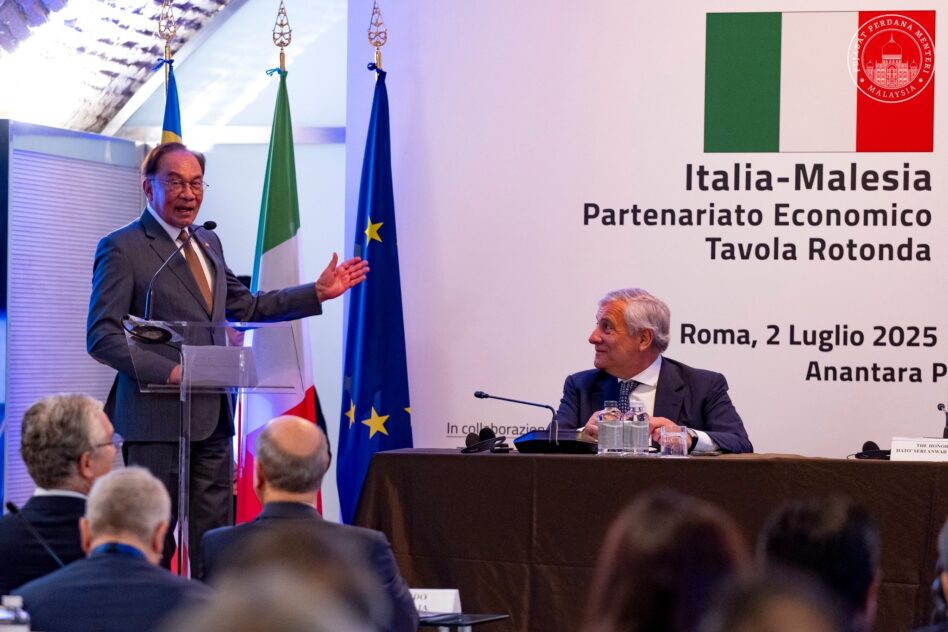
By Xavier Kong
PRIME Minister Tun Dr Mahathir Mohamad recently espoused the suggestion of a cryptocurrency for Muslim states, saying it is the first time such an idea is being mooted.
This follows the call from Iranian President Hassan Rouhani that Muslim countries can cooperate closer in terms of banking and economy, including the use of cryptocurrency under a unified currency. Turkish President Recep Tayyib Erdogan had also made a similar call for a separate transaction system independent of financial markets which he says are “fragile to shocks and manipulation.”
However, this is actually not the first time the topic of a Shariah-compliant cryptocurrency has been brought up. A cursory search with the terms “Shariah-compliant cryptocurrency” brings up news articles from May 2019, when local Shariah scholars stated their support for a halal cryptocurrency, “as long as financial technology entrepreneurs maintain their appetite for it and the Islamic finance ecosystem comes to understand it enough to regulate it.”
The self-branded “first Shariah-compliant coin” came about in April 2019, with Swiss-based Qintar claiming the title. Other Shariah-compliant coins came along after that, either through the accreditation of an existing coin or through the creation of a new coin altogether.
Now, there is even a cryptocurrency exchange dealing only in halal coins, aptly named the First Islamic Crypto Exchange (FICE), which passed legal registration in the Kingdom of Bahrain in August 2019, and is at the stage of obtaining a licence to operate a cryptocurrency exchange. A beta (pre-operating) version of the exchange, operated by UAE-based Adab Solutions, is already up and running, and trades in Bitcoin, Ethereum, Ripple, and its own Adab Token.
So why is there a need to re-invent the wheel? Sure, these may not be fiat currencies, but they do claim to be Shariah-compliant, so are they perhaps worth a look?
Sure, Mahathir also pointed out that gold would be a far more stable currency for trade compared to the currency of a single nation as a common denominator.
“If we use gold as a standard, we can call our currency by whatever name, but they must relate to the value of gold in your country. So, if you know the value of gold in your country and the value of gold in the trading partner, we know how much gold is being traded,” he said.
“That is the gold dinar standard, that was what was proposed. So we will look at it carefully because using USD hampers trade,” he said, adding that this had been brought up in the past, “but there was a lot of effort to prevent it from being realised.”
Would it not be better to leverage on the experience and expertise of these companies? Yes, run whatever tests and vet them how you may, these companies have actually made something out of the idea that you mentioned “there was a lot of effort to prevent it from being realised.” Sure, there will be the unscrupulous bunch who will try to run scams, but is that not what the vetting process is for?
So please, make sure the experts you get to vet the companies actually know their business and are trustworthy enough to entrust this project with. Let’s not be pennywise and pound-foolish, as the saying goes.
Then again, this does not even touch on the whole argument on whether or not cryptocurrency trading is halal or haram, with arguments for and against it. December 2017, which saw the Bitcoin rise to almost US$20,000 per coin, also saw a spike of interest in cryptocurrencies, along with the question of whether or not mining or trading cryptocurrencies is halal or haram in the eyes of Islam.
At this point, with several national leaders having voiced support of this, it seems safe to say that cryptocurrencies are now accepted as a halal means of business and trading. Whether or not this will actually be able to see fruition, however, only time can tell.








